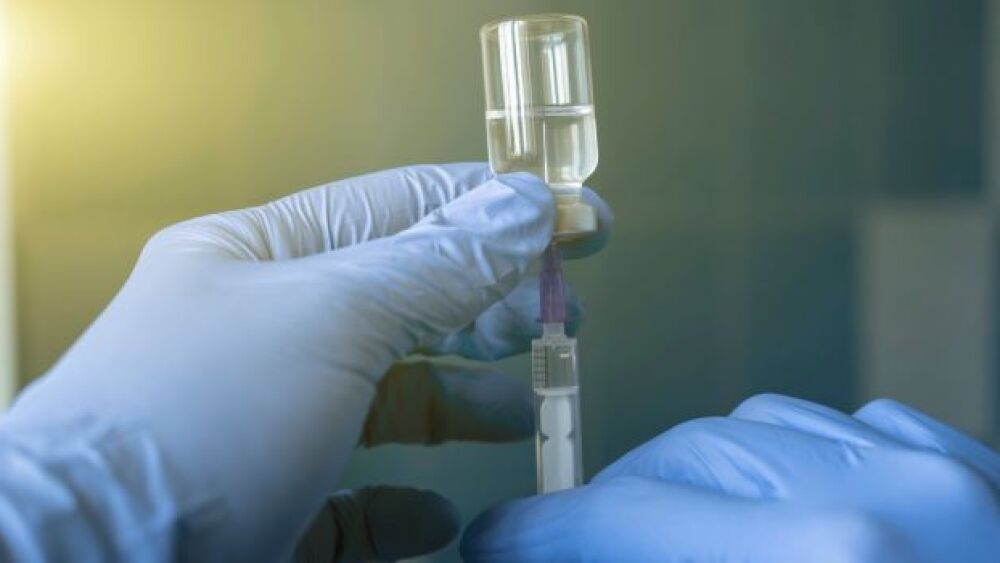The two companies will assess the safety and immunogenicity of the vaccine candidate, which codes for the hemagglutinin protein in the A/H3N2 strain of the seasonal flu virus.
The successful use of messenger RNA (mRNA) vaccines for COVID-19 has led to a flurry of research studies designed to test these candidates in other illnesses. Translate Bio, for instance, announced today that it has launched a Phase I clinical trial with Sanofi’s vaccines global business unit Sanofi Pasteur to evaluate an mRNA-based investigational vaccine for the flu.
In the new early stage trial, the two companies will assess the safety and immunogenicity of the vaccine candidate, which codes for the hemagglutinin protein in the A/H3N2 strain of the seasonal flu virus. Translate Bio and Sanofi Pasteur are focusing on this particular strain as it tends to be more severe in high-risk people, especially older adults and young children.
“We’ve all witnessed the promise of mRNA technology during this pandemic and are now looking to extend that promise to select annual vaccines,” said Jean-François Toussaint, Sanofi Pasteur’s Global Head of Research and Development, in a statement.
“In line with our global leadership and our 70-year history of protecting people with influenza vaccines, we will always focus on developing products that demonstrate protection beyond flu, as we believe it is critical to demonstrate protecting patients from hospitalizations due to cardiovascular events and pneumonia.”
Toussaint added the initial results from the Phase I trial should be available for sharing with the public by the end of this year.
Ronald Renaud, Translate Bio’s Chief Executive Officer, echoed Toussaint’s enthusiasm on the mRNA technology, suggesting it could provide several advantages for application against the seasonal influenza virus, such as “the potential ability to demonstrate robust immune responses based on preclinical data to date, enable antigen specificity within a short timeframe from seasonal virus strain selection, and deploy agile manufacturing capacity.”
Two formulations of the vaccine will be tested in the Phase I influenza mRNA vaccine trial: MRT5400 and MRT5401. Differences between the two vaccines primarily relate to the lipid nanoparticle (LNP) containing the mRNA.
According to the two companies, this new study immediately follows preclinical research, which showed promising immunogenicity and safety of the candidates.
In March, Translate Bio and Sanofi Pasteur launched a Phase I/II trial to evaluate the safety, immune response, and reactogenicity for MRT5500, another mRNA vaccine candidate designed to combat the novel coronavirus responsible for COVID-19. Up to 415 healthy adults will be enrolled in the trial at a total of 13 sites.
The combined research agreement saw Translate Bio receiving a $25 million payment based on this research milestone achievement.
Preclinical studies on the COVID-19 vaccine candidate are ongoing to see if MRT5500 induces neutralizing antibodies against the emerging variants of SARS-CoV-2. The joint development team from Translate Bio and Sanofi Pasteur are also working to improve the mRNA vaccine candidate’s temperature stability, setting a target of -20°C for the storage temperature in late-stage clinical trials and time of launch. Additional efforts are in the works to develop the product so it’s stable at refrigerator temperatures between 2 and 8°Celsius.





